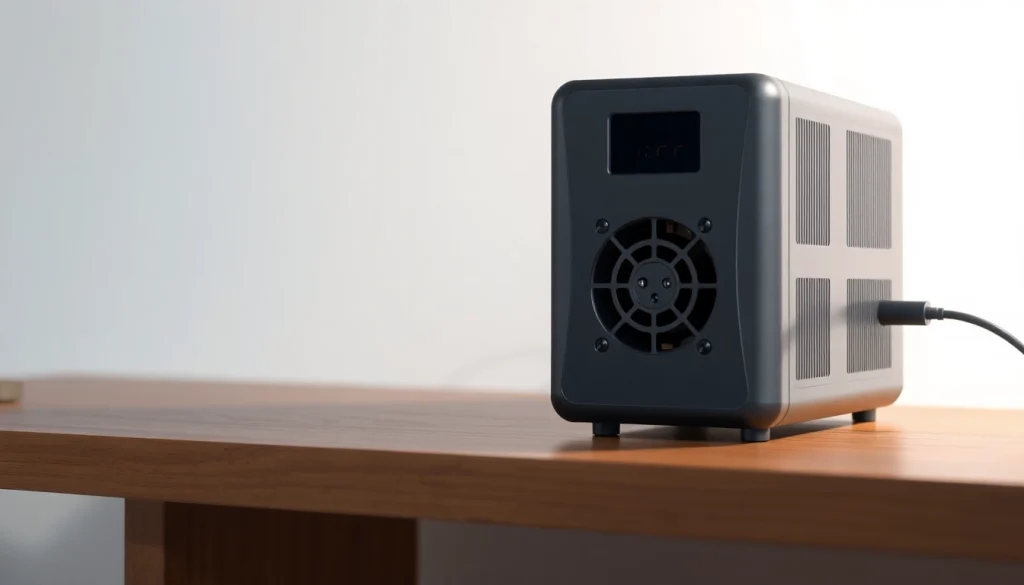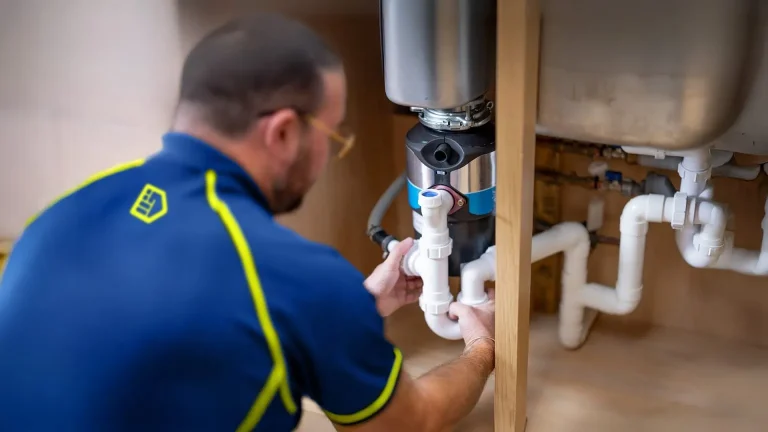
Understanding Power Supply Manufacturers
Power supply manufacturers play a vital role in the global electronics industry, serving as essential providers of devices that convert electrical power to usable forms for various applications. A Power Supply Manufacturer is defined primarily by its capability to produce power supplies that fulfill different operational requirements, particularly in sectors like computing, industrial automation, telecommunications, and consumer electronics. This article explores the roles, types, emergent technologies, and metrics for evaluating these manufacturers.
What is a Power Supply Manufacturer?
A power supply manufacturer creates devices that regulate electrical energy, transforming it from one form to another—typically from ac (alternating current) to dc (direct current) for electronic devices. These manufacturers produce a wide range of products, from simple power adapters for consumer electronics to complex power solutions for industrial applications. A key aspect of their operation includes adhering to strict industry standards to ensure safety, reliability, and efficiency in their products.
The Role of Power Supply in Technology
Power supply systems are pivotal in the functioning of modern technology. They ensure that devices receive the appropriate type of electricity to operate efficiently. This includes everything from home appliances and personal computers to critical infrastructure systems. The growing demand for energy-efficient and reliable power sources is driving innovations in the design and manufacturing of power supplies, facilitating advancements in automation, renewable energy, and electric vehicles.
Key Manufacturers in the Industry
Notable power supply manufacturers include:
- Mean Well Enterprises: Renowned for its extensive product range covering 0.5 to 25600W, Mean Well is a leading name in standard power supplies.
- XP Power: This company specializes in high-quality AC-DC power supplies and offers an extensive catalog for various industrial applications.
- FSP Group: A global leader in manufacturing high-performance power supplies, including solutions for PCs and energy storage systems.
- Wall Industries: An established manufacturer in the U.S., known for its robust and reliable power conversion products.
Types of Power Supplies
AC-DC Power Supplies
AC-DC power supplies are designed to convert alternating current into reliable direct current. These units are crucial for devices that cannot operate on an AC supply. They come in various forms, such as wall adapters, internal power supplies for computers, and industrial power supplies. Factors like efficiency, size, and output voltage are essential considerations when selecting AC-DC models.
DC-DC Converters
DC-DC converters take a DC input and convert it to a different DC output voltage. They are widely used in electronics where space and efficiency are paramount. Types of DC-DC converters include buck converters, boost converters, and buck-boost converters. Each type serves a specific purpose, from stepping down voltage levels to providing regulation under load variations.
Uninterruptible Power Supplies (UPS)
A UPS provides backup power and protects against power surges and outages, ensuring that devices continue to operate without interruption. These systems are particularly important in data centers, hospitals, and industrial facilities. UPS systems can be configured to different topologies, like offline, line-interactive, and online, depending on the application and required reliability.
Industry Standards and Certifications
ISO Certifications for Power Supply Manufacturers
ISO certifications, such as ISO 9001, validate manufacturers’ commitment to consistent quality management. Power supply manufacturers often seek ISO certification to enhance their credibility and ensure that their products meet international quality standards. These certifications help companies streamline processes, reduce waste, and cater to customer needs efficiently.
Safety Standards and Compliance
Safety is paramount in the power supply industry. Compliance with safety standards such as UL, CE, and RoHS ensures that power supplies are safe for use in consumer and industrial applications. These certifications tackle issues like electrical flaws, fire hazards, and environmental concerns, ensuring that products meet stringent performance criteria before they reach the market.
Environmental Considerations in Manufacturing
With increasing awareness of environmental impact, many manufacturers are adopting eco-friendly practices. This includes the use of recyclable materials, energy-efficient manufacturing processes, and compliance with environmental regulations like WEEE (Waste Electrical and Electronic Equipment Directive). Eco-conscious designs not only meet regulatory demands but also appeal to environmentally aware consumers.
Emerging Technologies in Power Supply Manufacturing
Advancements in Energy Efficiency
The push for energy efficiency has led to significant innovations in power supply designs. Modern power supplies aim to minimize energy loss and maximize conversion efficiency. Techniques such as switching regulator technology, power factor correction, and advanced semiconductor materials are commonplace in high-efficiency units, significantly impacting energy-saving efforts across industries.
Smart Power Supply Solutions
Smart power supplies integrate advanced technologies like IoT (Internet of Things) to provide real-time monitoring and control over power consumption. These solutions enable users to track usage patterns, predict maintenance needs, and adjust output dynamically according to demand. The adoption of smart power supplies is growing in sectors like home automation and industrial processes, driving operational efficiencies.
Future Trends: What to Expect
As the demand for sustainable energy solutions grows, key trends are emerging in the power supply sector, including:
- Increased Integration of Renewable Energy: Power supplies will increasingly incorporate renewable energy sources, necessitating innovative designs to manage variable energy inputs.
- Miniaturization: The need for compact devices is prompting manufacturers to create smaller, more efficient power supplies without compromising performance.
- Enhanced Connectivity: The integration of smart functionalities will lead to further advances in monitoring, diagnostics, and automation.
Choosing a Reliable Power Supply Manufacturer
Evaluating Manufacturer Credentials
When selecting a power supply manufacturer, assessing the company’s credentials is crucial. Look for their certifications, industry reputation, and experience in your specific sector. It’s advantageous to choose manufacturers who have a proven track record in product development, customer service, and flexibility in meeting your unique needs.
Performance Metrics to Consider
Performance metrics such as efficiency ratings (like 80 PLUS certification), output regulation, ripple voltage, and thermal performance are vital indicators of a manufacturer’s capability. These metrics provide insights into how well a power supply will perform under different load conditions and environmental factors, which can significantly impact long-term reliability and operational costs.
Best Practices for Partnering with Manufacturers
Building a strong partnership with your power supply manufacturer involves clear communication and understanding of your requirements. Regular evaluations, quality audits, and joint development initiatives can help maintain mutual standards and innovate product offerings. Leveraging their expertise can enhance your product’s reliability and efficiency, ultimately leading to improved market competitiveness.






